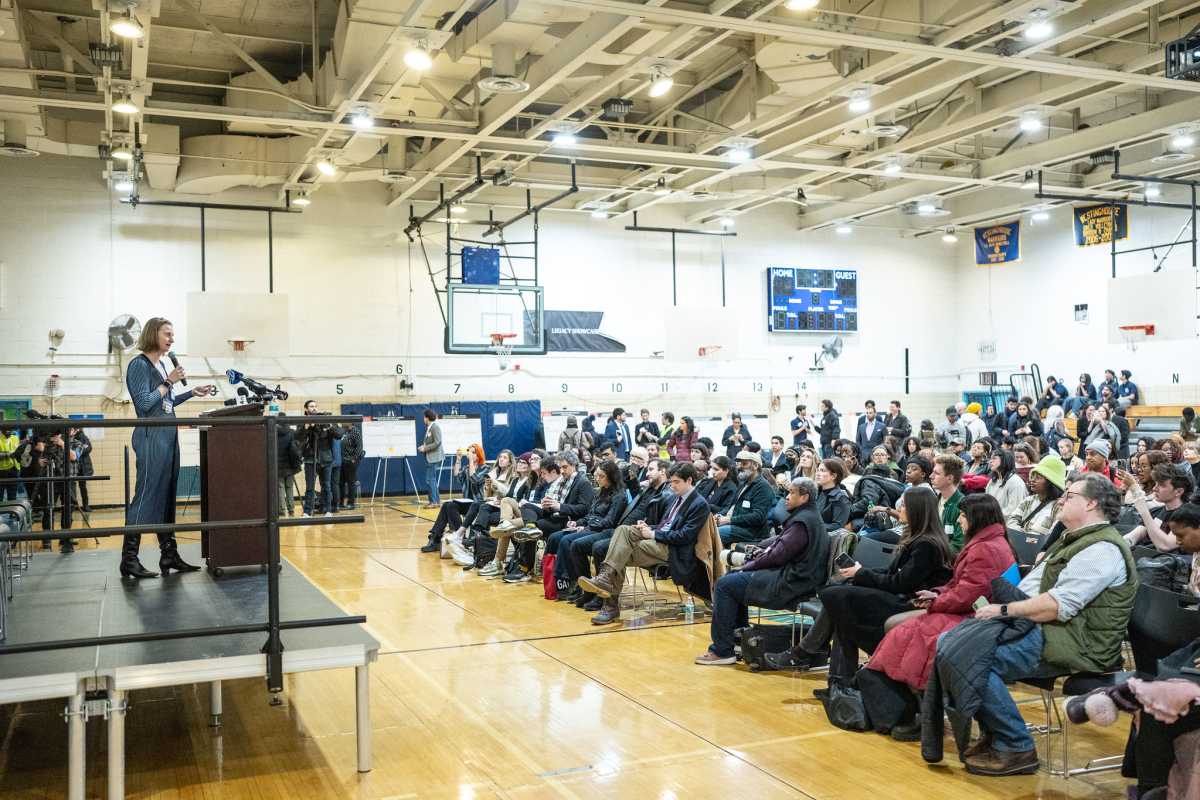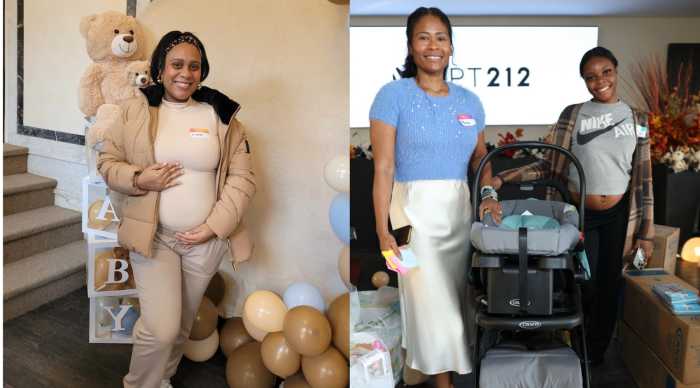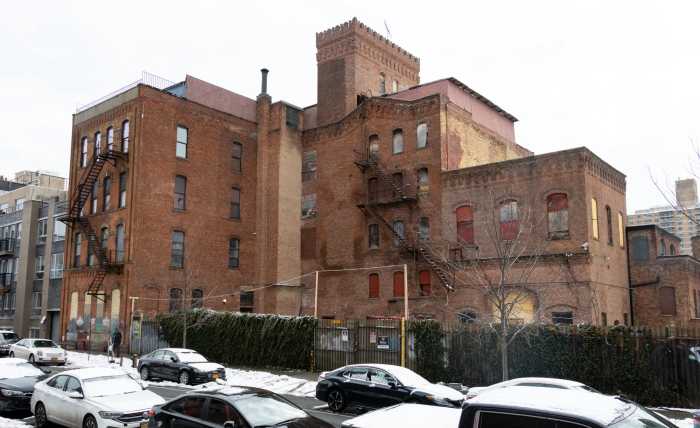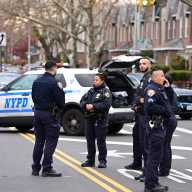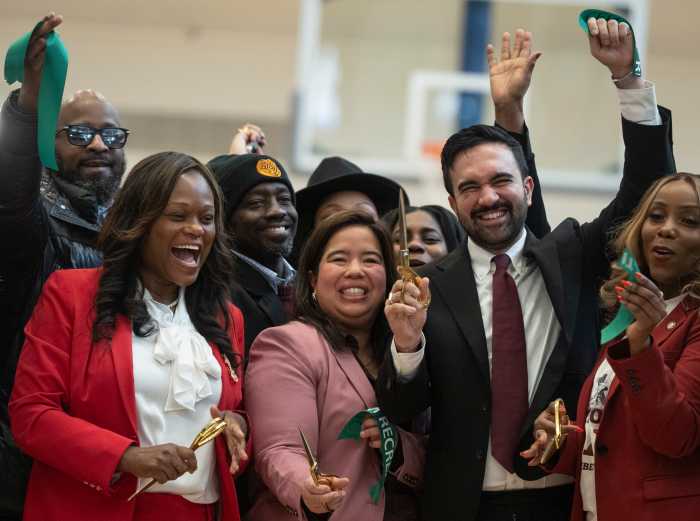An agreement regarding hiring, job training, community facilities and
housing, negotiated between developer Bruce Ratner and select community
groups that support his Atlantic Yards development, will be announced
Monday, The Brooklyn Papers has learned.
The so-called community benefits agreement, or CBA, promises initiatives
for local job training and hiring, minority and women hiring, the creation
of community facilities, and new standards for affordable housing tied
to the project.
Neighborhood groups critical of the plan were not invited to the CBA negotiations.
The notion of a CBA, a non-governmental agreement between a developer
and community members related to a specific project, derives from the
2001 Staples Center CBA in Los Angeles.
Atlantic Yards opponents argue the CBA is merely a ploy by the developer
to give the appearance of broad community support for his project. Supporters,
meanwhile, say it is the best thing any new development in the city has
promised its surrounding community.
Mayor Michael Bloomberg announced the first part of the agreement on May
19 — a commitment of city subsidies to finance an affordable housing
scheme setting aside half of the originally proposed 4,500 residential
units for low-, moderate- and middle-income renters. The rest would be
market-rate and luxury units, largely studios and one-bedrooms.
Since that commitment, Ratner has proposed adding another 2,800 apartments
but had not said whether those additional units fall under the “50-50”
agreement.
Proponents of the Ratner plan, who have been in negotiations on the agreement
for the past 10 months say the CBA goes far beyond housing. Supporters
include members of BUILD (Brooklyn United for Innovative Local Development),
a local hiring advocacy group; tenant leaders from the Atlantic Terminal
Houses and Wyckoff Houses public housing developments; ACORN (the Alliance
of Community Organizations for Reform Now); a member of the Downtown Brooklyn
Advisory and Oversight Committee, which has worked on minority hiring
and job training with respect to Downtown Brooklyn development projects
over the past decade; and the Rev. Herbert Daughtry, an activist and minister
with a church in Boerum Hill.
The negotiations have also included the chairpersons and district managers
of community boards 2, 6 and 8, although without the participation of
the boards themselves.
Marie Louis, the first vice president of BUILD, explained to a reporter
in May that the CBA would give preference to people living in the surrounding
housing projects to the affordable units and to jobs created by the development.
In addition, a project labor agreement component is expected to commit
unions to a hiring policy that would include a certain ratio of entry-level
apprentice hires, and a higher-than-normal female and minority ratio of
hiring at the expense of accepting only union members.
Louis also touted the CBA for being the most meaningful input the community
would have on the project, which will be reviewed only at the state-level
in a process that neither requires nor solicits input or review by any
local elected official or community board.
Employment opportunities for project managers, assistant project managers,
superintendents and estimators have already been posted on the BUILD Web
site, www.buildbrooklyn.org.


